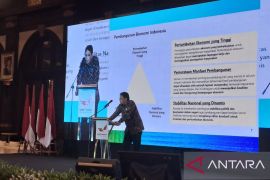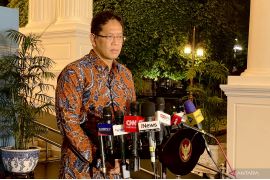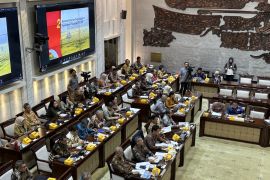"We expect that in the second quarter, economic growth will be higher than the first quarter, triggered by consumption from investments," Sri Mulyani said here on Friday, adding that one of the triggers for high household consumption in the second quarter was the withdrawal of allowance for post-fasting festivities in May and the 13th salary in June 2019.
She explained that the provision of the allowance and 13th Salary could have a direct impact on consumption, as well as on other industrial sectors.
"We expect greater influence from the usual months, although not all are spent. Multiplier effects occur when buying food and clothes that affect producers and trade," she said.
Stating that the government had made an effort to maintain household consumption by maintaining the people's purchasing power, she said, "Consumption can be above five percent, if the political situation remains conducive and the sentiment is maintained, and through stable prices and ensuring the people's purchasing power is not eroded by inflation," she said.
In addition, Sri Mulyani expects an improvement in the investment performance in the second quarter along with the positive perception of capital owners over the Indonesian economy after the election.
"With the existence of political certainty, the wait and watch behavior has diminished. The dynamics of credit are also still good, which can be seen from investment loans growing by 14 percent," she said.
Previously, the Central Agency of Statistics (BPS) noted that the Indonesian economy in the first quarter of 2019 grew 5.07 percent or slightly higher than the same period in 2018 at 5.06 percent.
This economic performance was supported by household consumption, which grew 5.01 percent and gross fixed capital formation, which grew 5.03 percent.
Translator: Eliswan Azly
Editor: Bambang Purwanto
Copyright © ANTARA 2019












